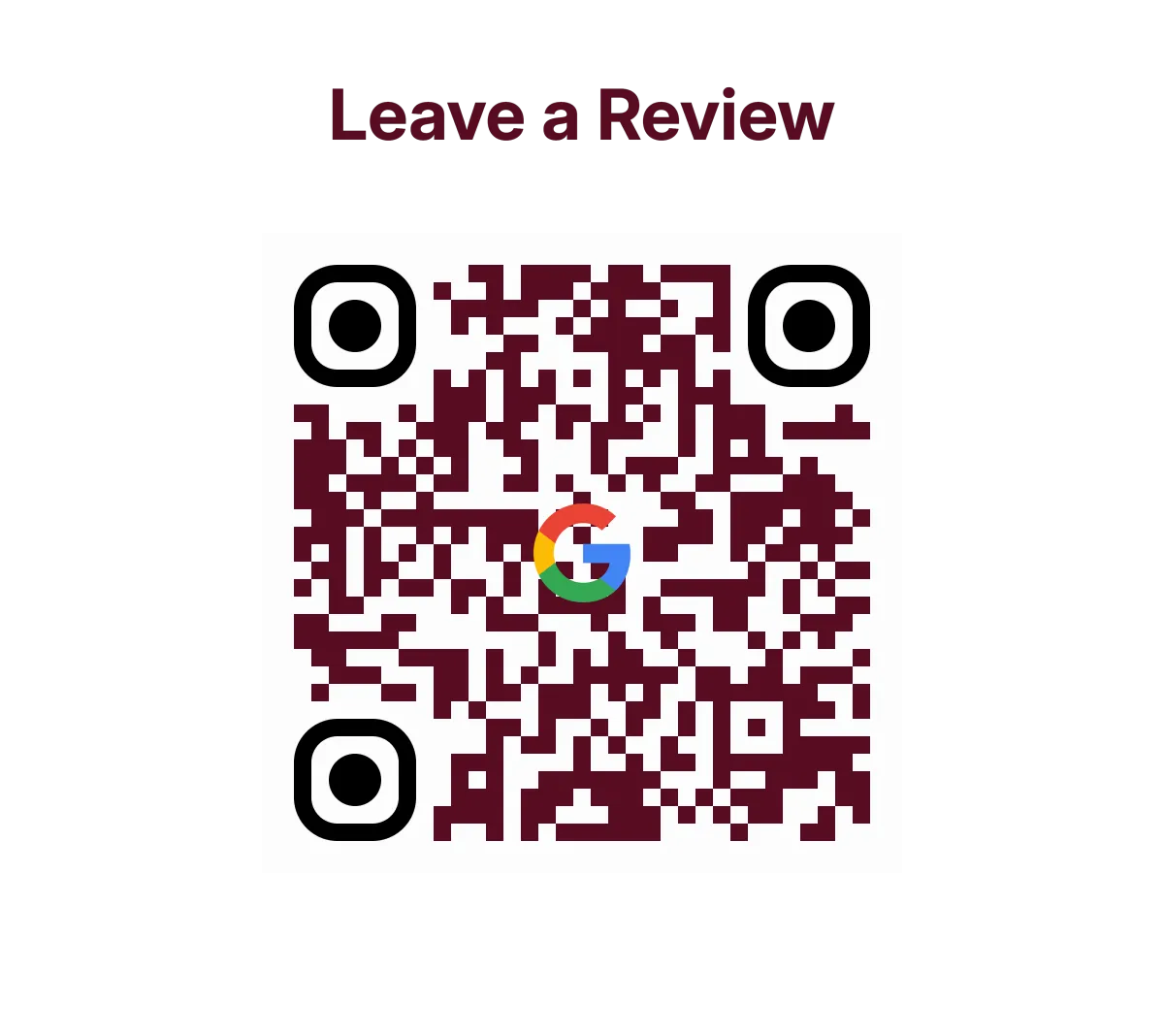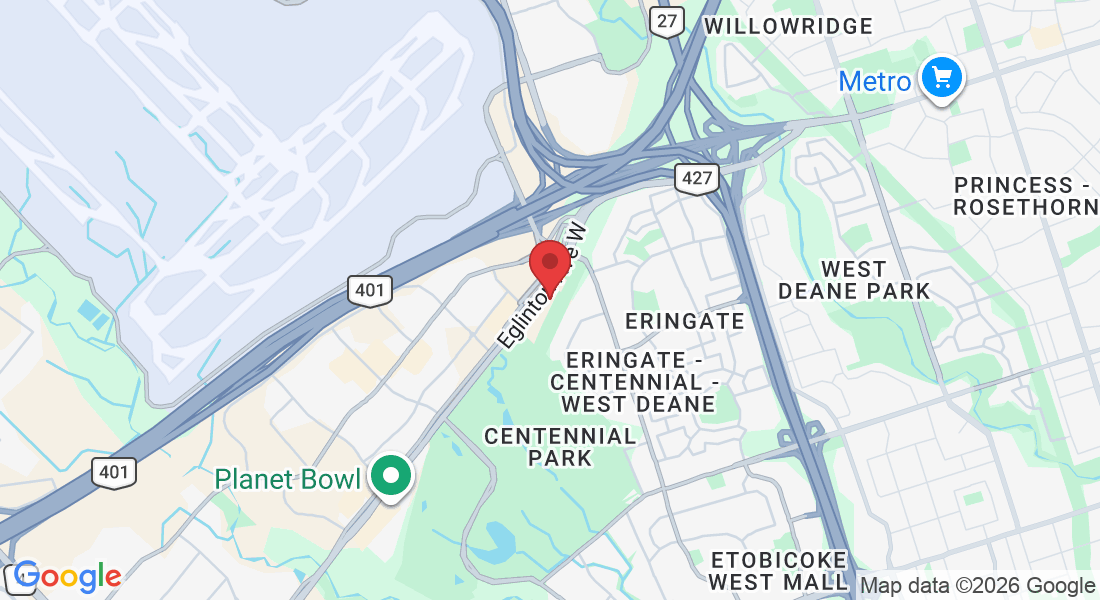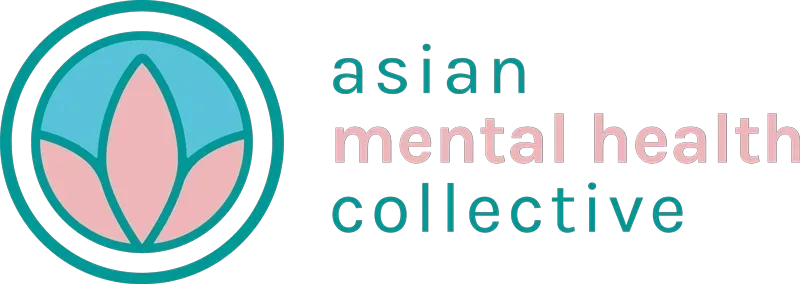Relationship Dynamics Therapy in Ontario
Strengthen your relationships and navigate challenges with personalized therapy designed to help you build deeper connections.
What are Relationship Dynamics?
Relationship dynamics are the recurring patterns of interaction between people that shape how they relate to one another. These include communication styles, attachment patterns, power structures, and emotional exchanges that define the health and functionality of relationships. In psychotherapy, we examine these dynamics to understand how they influence your well-being and relationship satisfaction.
Working with a therapist on relationship dynamics can help you identify unhealthy patterns, develop more effective communication skills, build deeper emotional connections, and create more fulfilling relationships. Whether you're struggling with romantic partnerships, family relationships, or workplace interactions, therapy provides tools to transform these dynamics.


What Are the Symptoms of Someone Dealing With Relationship Dynamic Difficulties?
"I keep having the same arguments with my partner, like we're stuck in a loop that neither of us knows how to break."
"I'm afraid to express my true feelings because I don't want to upset the other person, so I end up feeling invisible and resentful."
"Why do I keep attracting partners who can't meet my emotional needs? Is there something wrong with me or my expectations?"
These thoughts often signal difficulties with attachment styles, communication patterns, and boundary setting. You might experience recurring conflicts, emotional withdrawal, anxiety about abandonment, or difficulty maintaining your sense of self within relationships.
Hear From Others Who Have Worked With Me
Why Work With a Therapist on your Relationship Dynamic Issues?
Therapy offers evidence-based approaches to understanding and transforming relationship patterns. Research published in the Journal of Marital and Family Therapy found that 70% of couples reported improved relationship satisfaction after therapy, with benefits maintained at follow-up assessments.
Working with a therapist specialized in relationship dynamics provides several key benefits:
Identify attachment patterns: Understand how your early relationships shape your current expectations and behaviours. Research from the Attachment & Human Development journal shows that recognizing your attachment style is the first step toward developing more secure relationships.
Improve communication skills: Learn effective ways to express needs, listen actively, and navigate difficult conversations. Studies in the Journal of Consulting and Clinical Psychology found that couples who improved communication skills reported 90% higher relationship satisfaction.
Establish healthy boundaries: Develop the ability to set and maintain appropriate boundaries, which research from the American Psychological Association identifies as crucial for relationship health.
Address power dynamics: Recognize and rebalance unhealthy power structures that may be undermining your relationships.
Heal relationship trauma: Process past hurts that may be affecting your current relationships. Research from the Journal of Traumatic Stress shows that unresolved trauma significantly impacts our ability to form secure attachments.
Build emotional intimacy: Learn to be more vulnerable and create deeper connections. Studies from the Gottman Institute show that emotional intimacy is one of the strongest predictors of relationship satisfaction.
My approach integrates evidence-based techniques from various therapeutic modalities, including Emotionally Focused Therapy, which has demonstrated a 70-75% success rate in resolving relationship distress according to research published in the Journal of Marital and Family Therapy.

Frequently Asked Questions About Relationship Dynamics Therapy
Can therapy really help a relationship?
Yes, therapy can significantly improve relationships. Research published in the Journal of Marital and Family Therapy shows that relationship therapy has a success rate of about 70%. Therapy helps identify destructive patterns, improve communication skills, and build emotional intimacy. Even when only one partner attends therapy, there can be meaningful improvements in relationship dynamics.
Can therapy fix a toxic relationship?
Therapy can help identify toxic patterns and provide tools for healthier interactions, but both parties must be committed to change. According to research from the Gottman Institute, the presence of the "Four Horsemen" (criticism, contempt, defensiveness, and stonewalling) can predict relationship failure with 90% accuracy. Therapy can address these destructive communication patterns, but cannot guarantee change if one or both partners are unwilling to participate fully or if there is abuse present.
Can therapy help with emotional intimacy?
Absolutely. Therapy provides a safe space to explore vulnerability, which is essential for building emotional intimacy. Research in attachment theory demonstrates that understanding your attachment style can help you develop more secure connections. Through therapy, you can learn to recognize barriers to intimacy, practice vulnerability in a controlled environment, and develop skills to maintain deep connections outside of therapy.
How do I know if I need therapy for my relationship issues?
Consider therapy if you notice recurring conflicts, communication breakdown, emotional distance, trust issues, or if you feel stuck in unhealthy patterns. The Canadian Psychological Association suggests seeking professional help when relationship problems persist despite your best efforts to resolve them, or when they begin affecting your mental health, daily functioning, or other relationships.
What should I expect in individual therapy for relationship problems?
In individual therapy for relationship issues, we'll explore your personal history, attachment style, communication patterns, and emotional responses. Sessions typically involve identifying your relationship patterns, understanding their origins, developing new skills, and practicing healthier ways of relating. While your partner isn't present, you can still make significant progress in understanding your role in relationship dynamics.
How can therapy help me improve my communication skills in relationships?
Therapy provides structured opportunities to learn and practice effective communication. You'll develop skills in active listening, expressing needs clearly, providing constructive feedback, and navigating conflict. Research from the Journal of Family Psychology shows that couples who improve their communication report significantly higher relationship satisfaction. We'll identify your specific communication challenges and develop strategies tailored to your unique situation.
What are the signs that I should leave a relationship?
While therapy aims to improve relationships, sometimes ending a relationship is the healthiest option. Warning signs include ongoing abuse (physical, emotional, verbal), consistent disrespect of boundaries, unwillingness to address problems, persistent dishonesty, and when the relationship consistently diminishes your well-being. If you're questioning whether to leave a relationship, therapy can provide a safe space to explore your options and make an informed decision that supports your mental health.
How can therapy help me rebuild trust in a relationship?
Rebuilding trust is a process that therapy can facilitate through structured communication, accountability measures, and emotional processing. According to relationship researchers at the Journal of Couple & Relationship Therapy, trust rebuilding requires transparency, consistency, and willingness from both parties. In therapy, we establish clear agreements, process the breach of trust, and develop verification systems that help rebuild confidence gradually over time.
What are common relationship patterns that therapy can help me break?
Therapy can help break patterns such as the pursuer-distancer dynamic, codependency, anxious-avoidant attachment cycles, and negative communication spirals. Research from the Gottman Institute has identified specific destructive interaction patterns that can be transformed through therapy. By recognizing these patterns and understanding their origins, you can develop healthier ways of relating.
Can therapy help me understand why I feel insecure in my relationship?
Yes, therapy can help you understand the root causes of relationship insecurity. These often stem from attachment styles formed in childhood, past relationship experiences, or current relationship dynamics. Through therapy, you can identify these sources, develop self-compassion, build self-esteem independent of relationships, and learn to communicate your needs effectively to create more security in your connections.
Free Resources to Get You Started
Attachment Style Assessment - Understand your attachment pattern and how it influences your relationships.
"Hold Me Tight" Online Program - Based on Emotionally Focused Therapy, this program helps couples understand and transform relationship patterns.
Love Languages Quiz - Discover your primary love language to better understand your needs and your partner's needs in relationships.
Canadian Mental Health Association Relationship Resources - Ontario-specific resources for relationship health and support.
Centre for Addiction and Mental Health (CAMH) Relationship Support - Toronto-based resources for relationship wellness and communication.
Ready to Start? Book an Appointment Today
Taking the first step toward healthier relationship dynamics can transform not just your connections with others, but your overall well-being. We offer both in-person sessions in the GTA (Toronto, Mississauga, Brampton, and Etobicoke) and virtual therapy across Ontario, with specialized experience working with South Asian clients and cultural relationship dynamics.
BOOK NOW and begin your journey toward more fulfilling relationships.
Want to learn more about our approach? Check out our blog or read about us. You can also find answers to common questions about therapy.
Take the Next Step With Confidence
Schedule your free consultation today to start building the tools and confidence to thrive in your next chapter.
Reach Out To Clear Moon Therapy
1-(647) 372-0577
Visit Clear Moon Therapy
5399 Eglinton Avenue West
Suite 204
Etobicoke, ON
Follow Clear Moon Therapy
© 2024. Clear Moon Therapy. All rights reserved.
Read Our Privacy Policy






